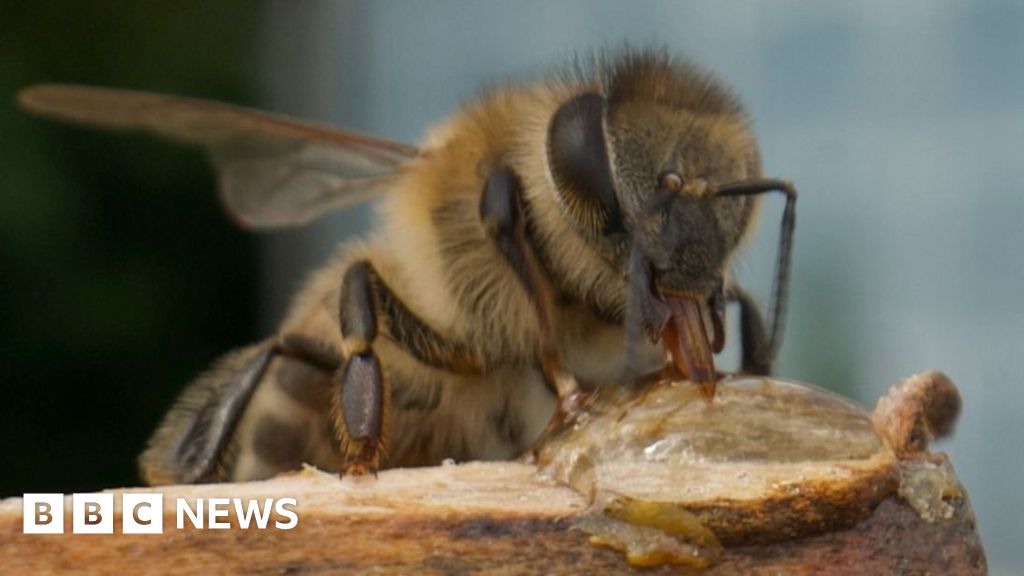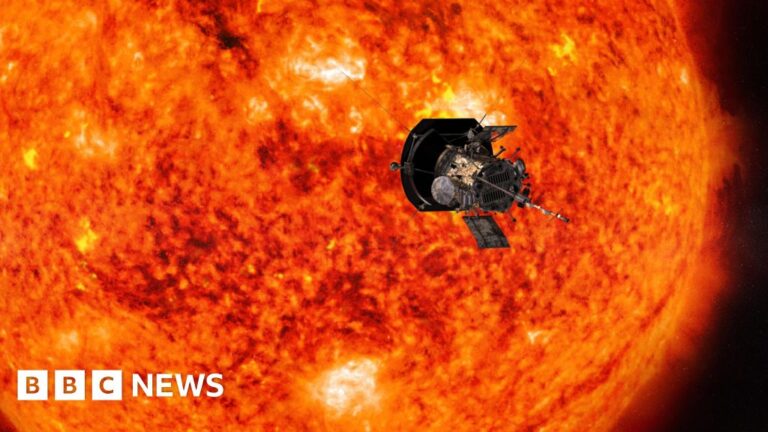Scientists have developed a honeybee “superfood” that could protect the animals against the threats of climate change and habitat loss. Bee colonies that ate the supplement during trials had up to 15 times more baby bees that grew to adulthood. Honeybees are a vital part of food production and contribute to pollinating 70% of leading global crops.
Honeybees globally are facing severe declines, due to nutrient deficiencies, viral diseases, climate change and other factors. In the US, annual colony losses have ranged between 40-50% in the last decade and are expected to increase. Beekeepers in the UK have faced serious challenges too.
Honeybees feed on pollen and nectar from flowers that contain the nutrients, including lipids called sterols that are necessary for their development. They make honey in hives, which becomes their food source over winter when flowers have stopped producing pollen. When beekeepers take out honey to sell, or, increasingly, when there isn’t enough pollen available, they give the insects supplementary food.
But that food is made up of protein flour, sugar and water, and has always lacked the nutrients bees require. Sterol has always proved very difficult to manufacture, but Professor Geraldine Wright has led a group of scientists for 15 years to identify which exact sterols bees need and how to engineer them.
In the lab at Oxford, PhD student Jennifer Chennells showed us small clear boxes of honeybees in an incubator that she feeds with different foods she has made. She uses kitchen equipment you could find at home to make the raw ingredients, and rolls out glossy, white tubes of food.
It’s in this lab that, using gene editing, Professor Wright’s team successfully made a yeast that can produce the six sterols that bees need. The “superfood” was fed to bees in the lab’s hives for three months. The results showed that colonies fed the food had up to 15 times more baby bees that made it to adulthood.
Professor Wright says the food would be particularly useful during summers like this one when flowering plants appear to have stopped producing early. Larger-scale trials are now needed to assess the long-term impacts of the food on honeybee health, but the supplement could be available to beekeepers and farmers within two years.
Source link




